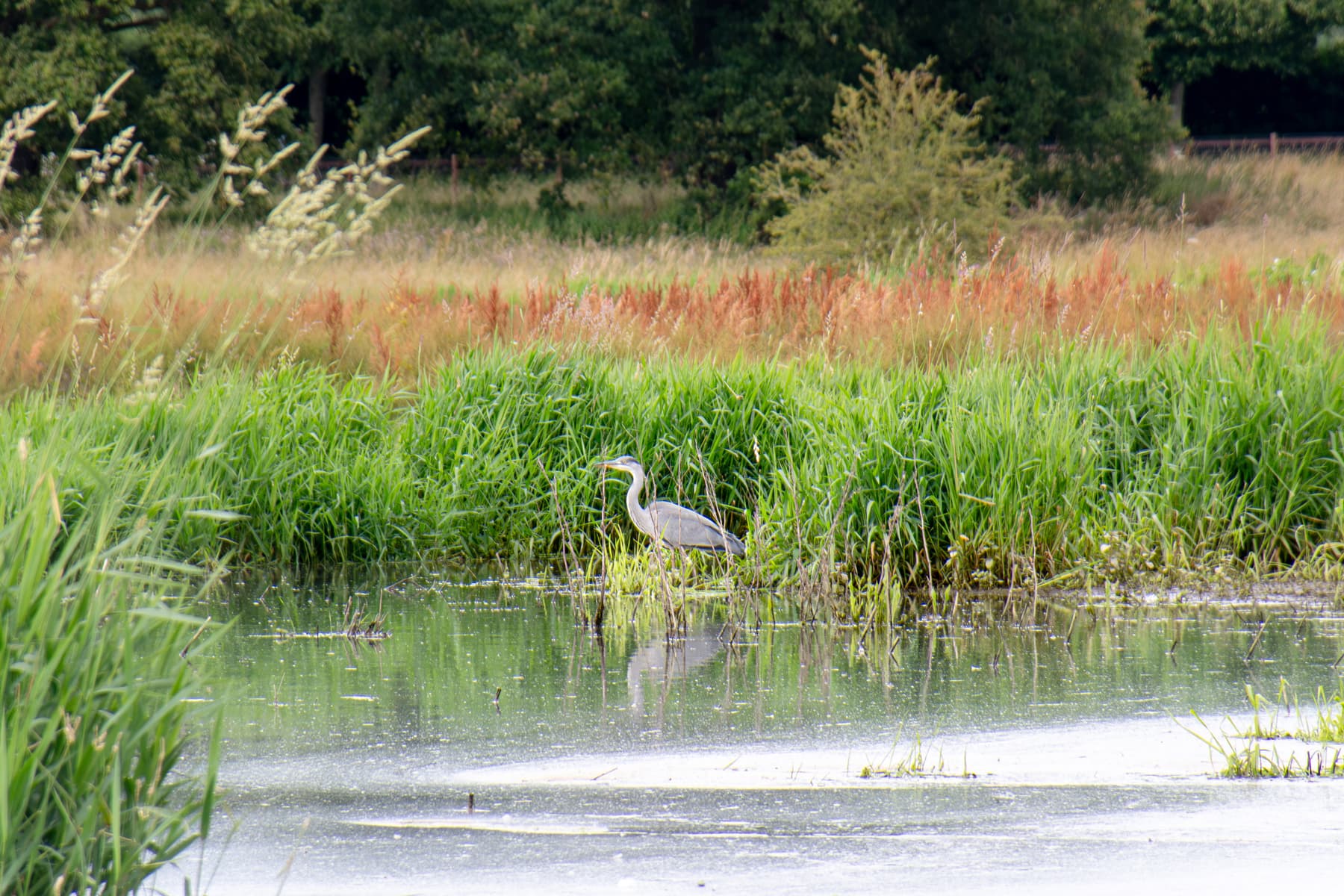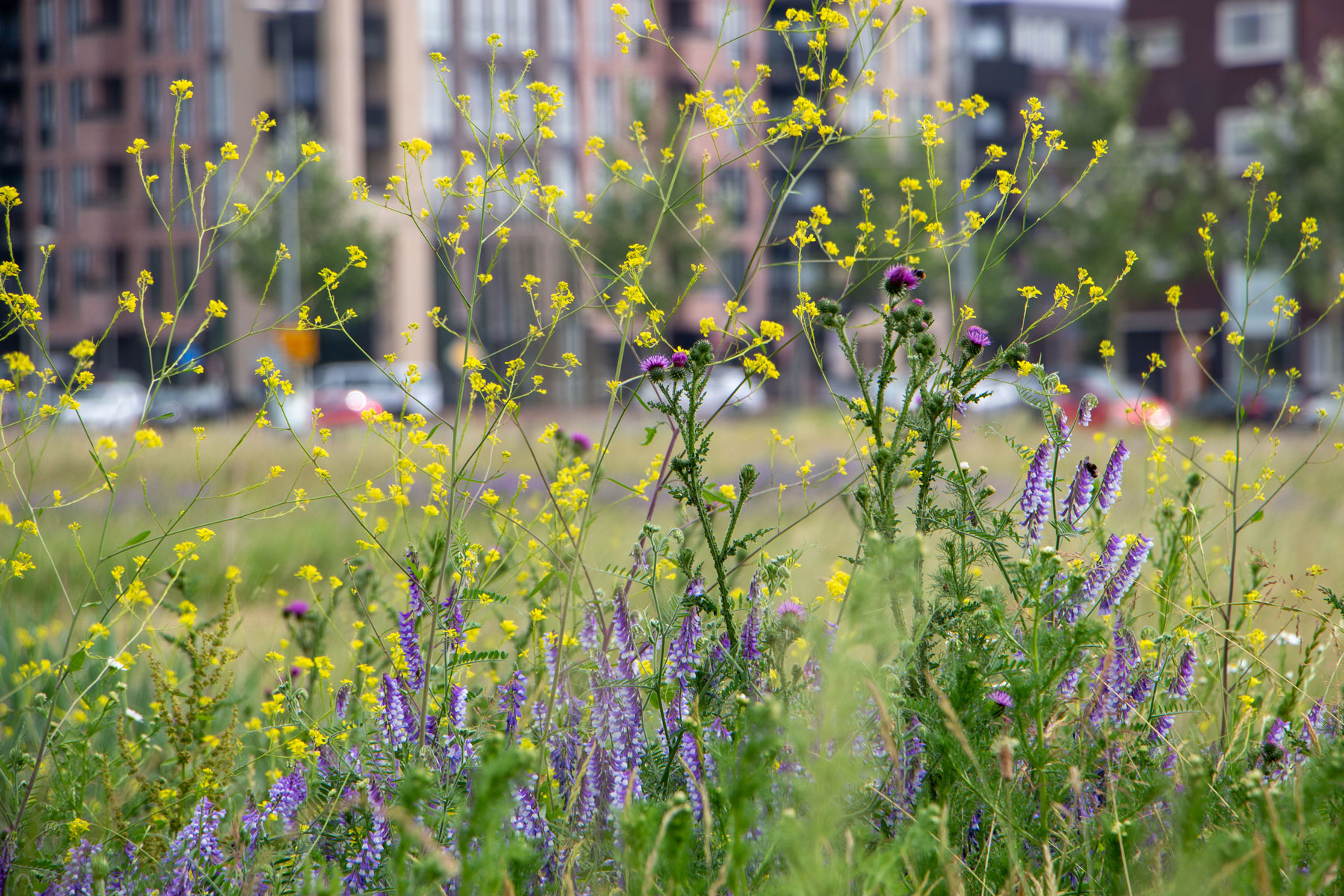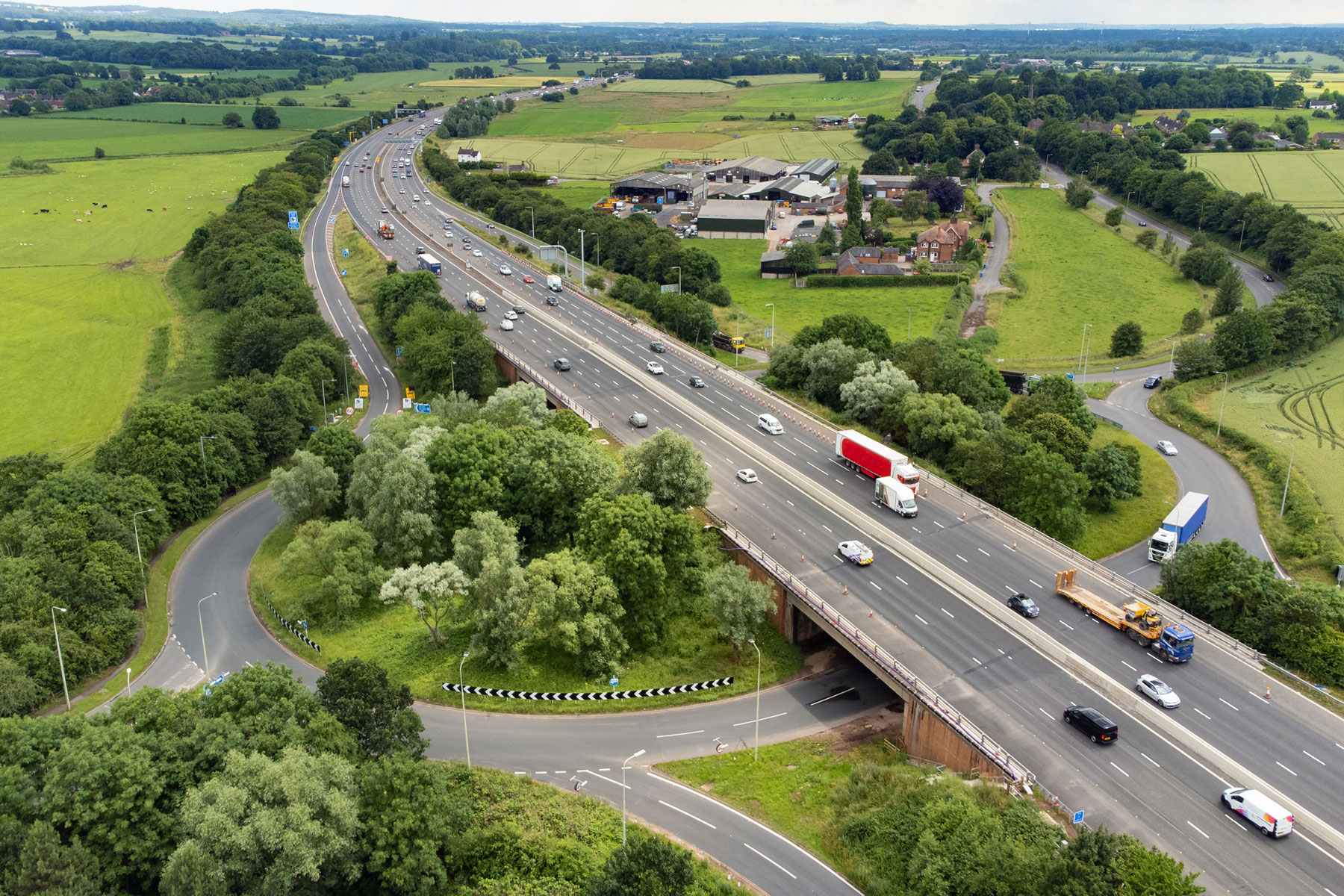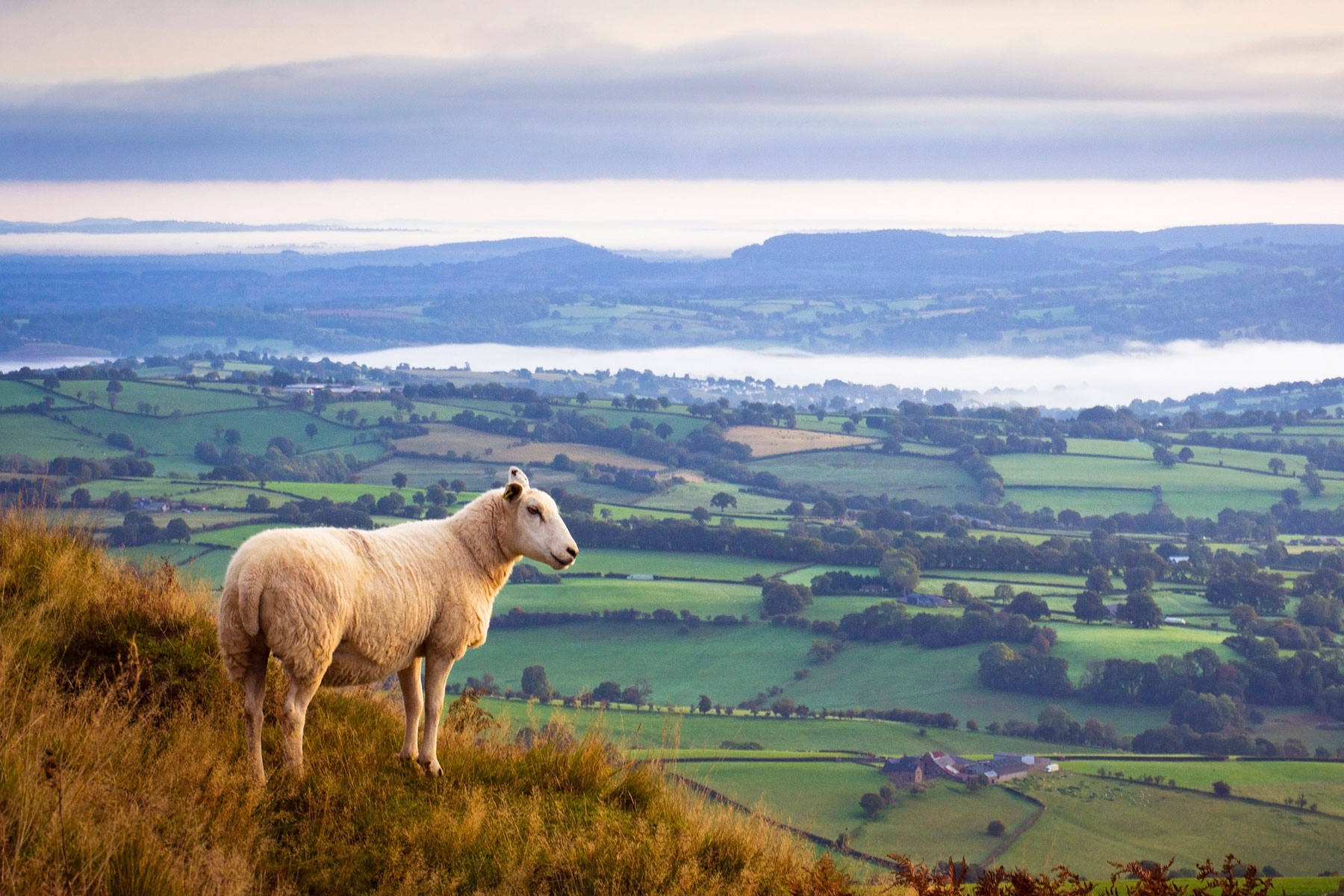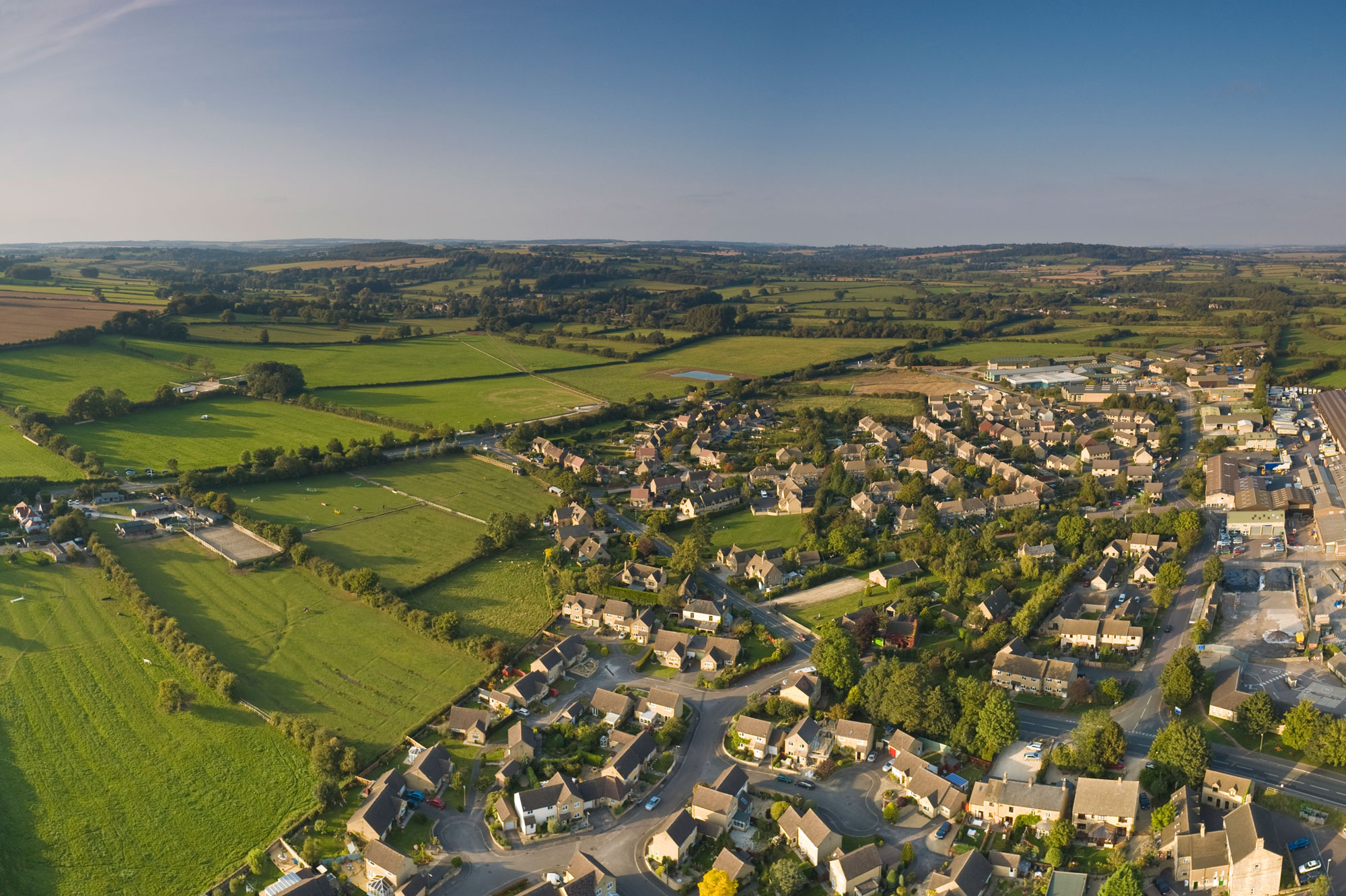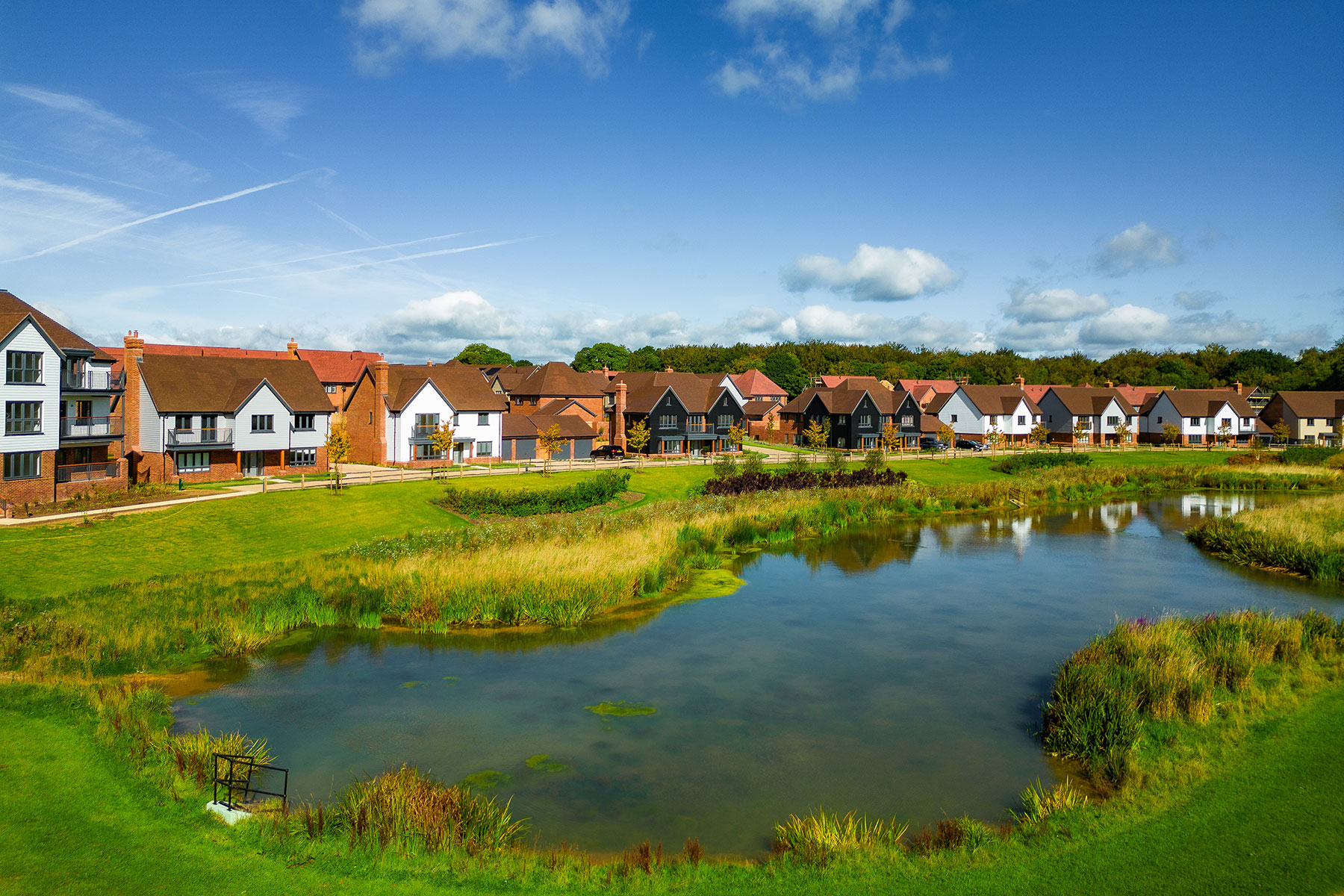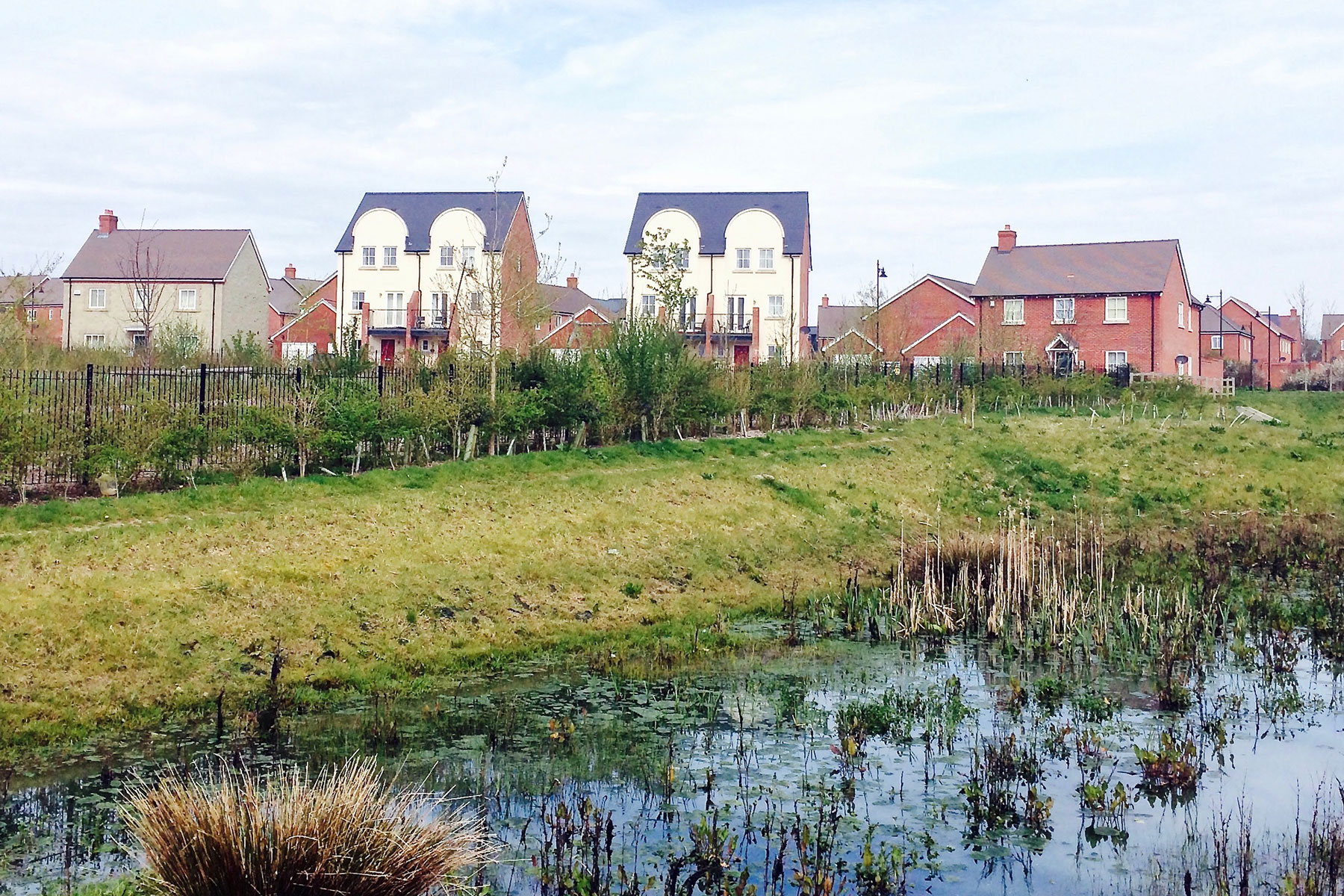
“Ben was a land agent; he knows a lot about the law, and also about the practical and technical side of farming. He can come up with lines of enquiry that are very useful.”
“Ben Sharples is an outstanding solicitor and tactician with an excellent grasp of the law and of the technical aspects of agriculture and property. The best there is.”
“Clients appreciate his thorough and measured approach.”
“Ben Sharples is extremely impressive: authoritative, with a very firm handle on the cases he deals with and a very good and clear perspective of what he wants to achieve in getting the best result. He’s also very personable.”
Leading the way: unrivaled natural capital expertise
As a Firm, we started our natural capital journey with the largest and most experienced Agriculture and Rural Estates teams in the Country. We now hold an unassailable position as not only the leading National Agriculture and Landed Estates practice, but also the leading natural capital practice.
We advise institutional landowners, estates, and farming businesses on natural capital transactions, and disputes. These include:
- Payments for ecosystems services
- Restructuring tenancies to allow for environmental opportunities
- Joint venture agreements for sustainable farming and environmental benefits.
- Recovery of vacant possession to enable new environmental opportunities.
- Afforestation leases and acquisitions.
We start with a true understanding of rural estate management issues and opportunities, through which we advise commercially, and efficiently. No other team in the Country starts with the level of knowledge and experience we have on rural matters, so we’re always ahead of the curve.
Landscape Recovery
Landscape Recovery is DEFRA’s top tier Environmental Land Management (ELM) scheme, which aims to fund and promote truly joined up landscape scale improvement in the environment. Such momentous change will require collaboration between landowners and tenants landscape-wide, with detailed thought given to tenure, taxation, corporate governance, and commercial aspects. We have all that is required and more to help make these exciting projects a success, having been involved with the scheme since the early ‘test and trial’ phase. We are now advising multiple Round 1 projects, including the Upper Axe, Eelscapes, Evenlode and Three Dales Landscape Recovery Projects on a range of legal issues that arise in the development of these ambitious schemes.
Biodiversity Net Gain
Biodiversity Net Gain or “BNG” has become a key part of efforts to mitigate the environmental impact of development and improve biodiversity through planning value gains. We have been advising upon BNG since it came about in 2021, and now act in a large volume of transactions to secure BNG opportunities.
Nutrient Neutrality
The improvement of water quality in our watercourses has become critical for certain river catchments. This has resulted in planning requirements for the overall reduction in the discharge of nitrogen and phosphorous into rivers. As the treatment of nutrient discharge from new development catches up with demand, developers need to purchase the credits created by land use change to offset increases in discharge caused by new developments.
